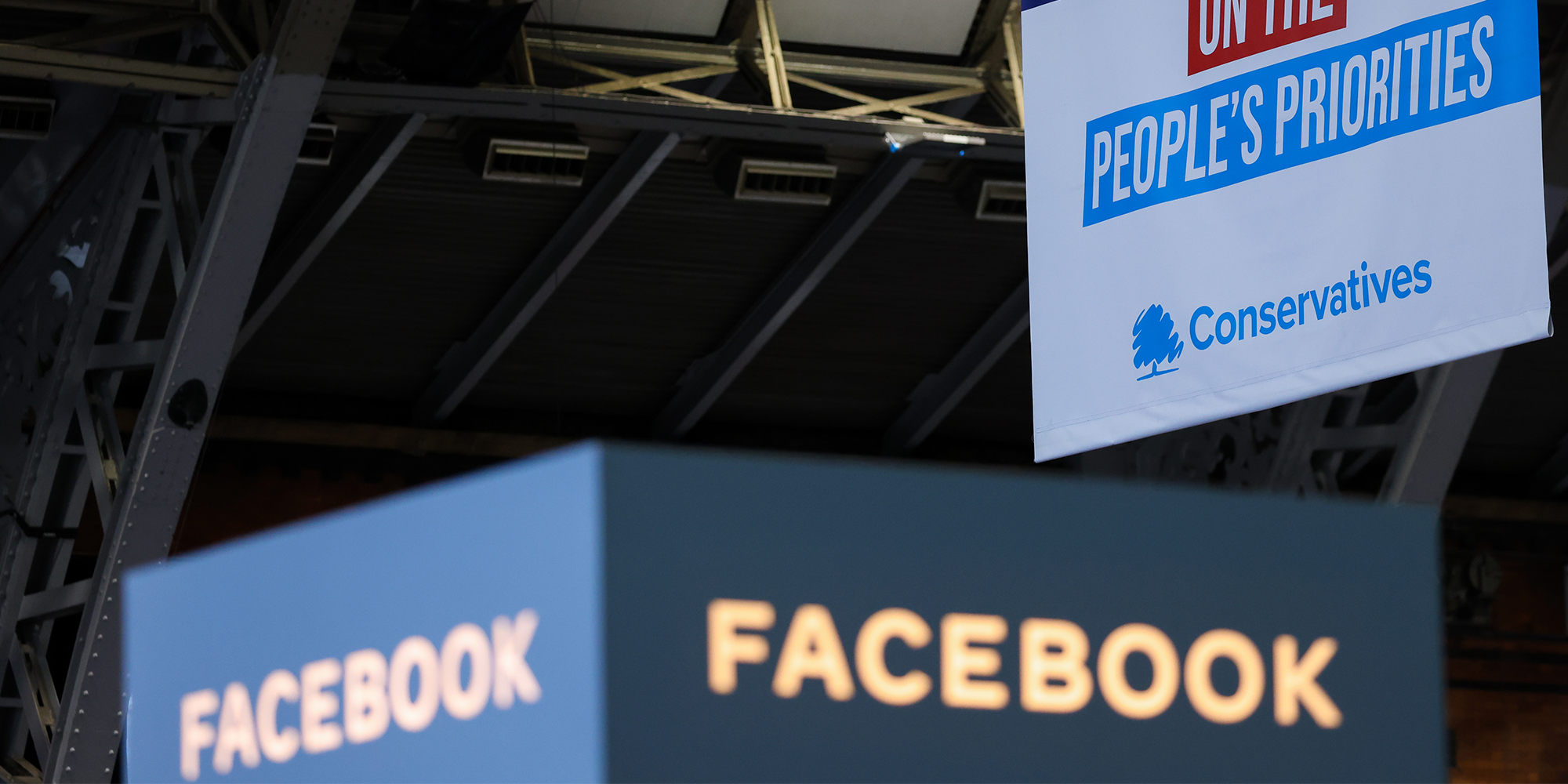
Why Conservative leadership candidates are going back to legacy social media platforms
From TikTok back to Facebook: Why Conservative leadership candidates are going back to legacy social media platforms
This year’s Conservative Party conference marks the final stretch of the party’s leadership election. MPs will cast their votes at the start of next month to whittle down the candidates from four to two.
This has been a markedly different process on social media compared to the parties’ social media campaigning during the General Election. Remember how TikTok was all the rage? Every major media outlet was reporting on how Labour and the Conservatives were publishing videos from their newly minted TikTok accounts. Both parties jumped on trends like the now infamous Man in Finance song, and they weren’t shy about taking jabs at each other.
Our team has been tracking the follower growth of each of the Tory candidates across social media since mid-August. You’d expect their follower numbers to have had a healthy jump up, right? Spoiler alert: they haven’t.
| Candidate | X followers | ||||||
| 13-Aug | 20-Aug | 27-Aug | 3-Sep | 10-Sep | 17-Sep | 24-Sep | |
| Kemi Badenoch | 175,400 | 175,400 | 175,600 | 176,800 | 178,700 | 178,800 | 179,100 |
| James Cleverly | 242,100 | 242,100 | 242,200 | 242,300 | 242,400 | 242,600 | 242,700 |
| Robert Jenrick | 71,500 | 72,500 | 72,700 | 73,400 | 74,000 | 74,500 | 75,800 |
| Tom Tugendhat | 140,300 | 140,300 | 140,200 | 140,300 | 140,400 | 140,400 | 140,700 |
Some platforms – including General Election favourite TikTok – have been ignored. Of the four remaining candidates, only James Cleverly and Robert Jenrick have accounts on TikTok.
But what’s the cause of this stall?
General Election vs. Leadership Election etiquette
Before digging into the digital nuances of the Tory leadership Election, it’s worth keeping in mind the differences between these elections.
The most important factor is the voter base. Both Labour and the Conservatives closely guard their membership data. But from looking at recent articles about voting intentions, it wouldn’t be an unfair assumption that the average Tory party member is older than the average Labour party member.
Also, money talks, or more accurately in this case, stops you from being everywhere all at once. With a limited budget, the candidates have made the right decision to focus their efforts on the platforms they know party members are active on.
Put simply, each candidate is zeroing in on the people who will actually be voting.
TikTok is not the place for Tory party politics
TikTok was the hot new political campaigning channel during the General Election. Though arguably the commentary from media outlets about the content had a greater impact than the reactions on TikTok.
The platform is fast-paced and it’s the perfect place to publish more off-kilter content. But here’s the thing: the candidates don’t want to look off-brand to the party members. After their General Election loss, members are looking for stability, not TikTok-esque quirkiness. We’re seeing this playing out, with candidates talking about renewal, unity, and rebuilding the UK.
Additionally, many of the party members the candidates are trying to appeal to will not be on active on TikTok. There’s no need to publish a scathing video about Starmer on TikTok if the majority of your voter base isn’t going to see it.
Back to the established Meta platforms
The four remaining candidates have large followings on Instagram and Facebook; Badenoch has over 26,000 followers on Facebook. If they already have captive audiences on the Meta platforms, it makes sense to focus their digital campaigning efforts on them. Compared to TikTok’s default of unstructured thoughts, Facebook gives the candidates the space to discuss their into their positions on immigration, taxes, and other pressing topics for party members.
X is still a key political battleground
Regardless of your views on Elon Musk, it is undeniable that X has changed in more than just name since he bought the platform. Every change to the platform has sparked debated on whether it would lose its relevance. This leadership election has proven that it still has its place in British politics.
Where Facebook has been used for planned content, X is still the place for candidates to react to news and announcements coming out from Labour. Jenrick has reposted Labour content and stated its, “declaring way on pensioners,” and Cleverly critiqued the Lib Dem conference.
Is TikTok done for in British politics?
No. But it’s not the popular kid right now.
This shift from TikTok to more traditional social media platforms, such a Facebook and X, shows us candidates are adapting their strategies to match their audience.
While TikTok may take centre stage again when it’s time for the next general election, right now, it’s all about engaging the people who count. And that means Facebook posts, X debates, and a lot fewer dance challenges.